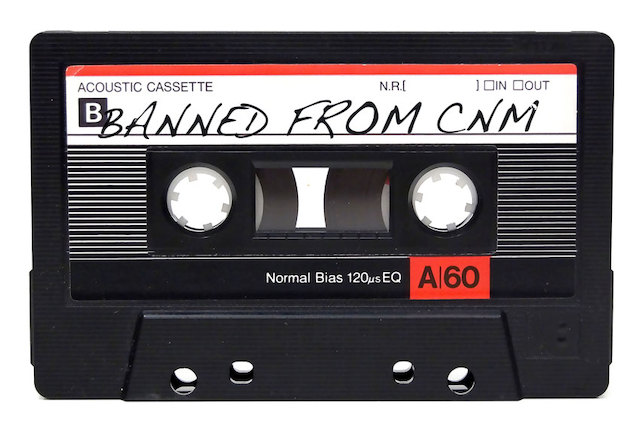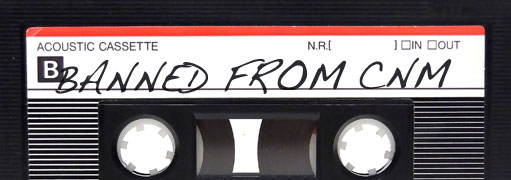Stop The Presses: An Editorial/Mixtape For Cnm
An Editorial/Mixtape For Cnm


Latest Article|September 3, 2020|Free
::Making Grown Men Cry Since 1992

